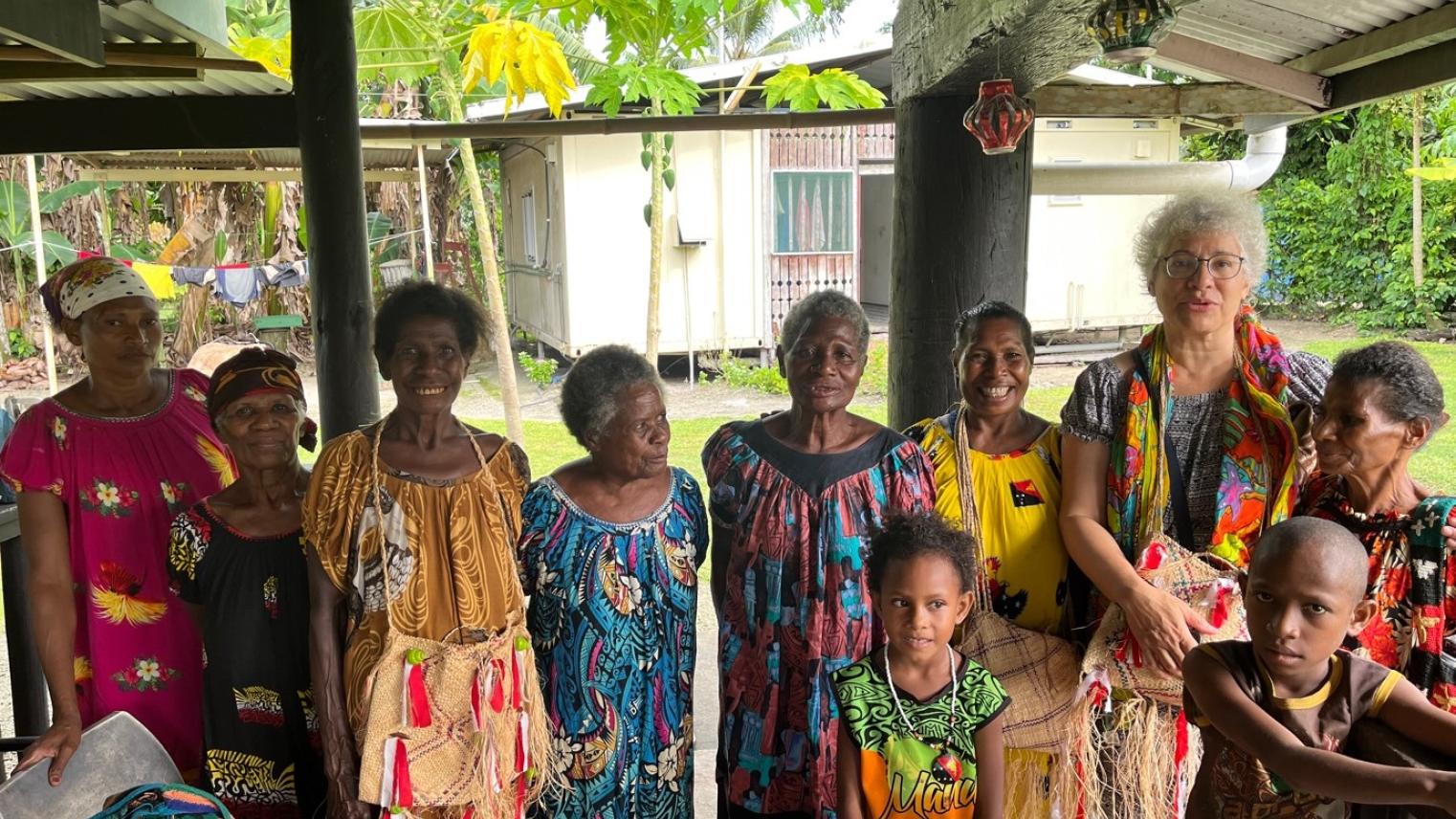Nali:
Mahapo tu min ara worou soyon ngara tu wong nongna kol soyon tehe English, Tok Pisin, pe nongnakol torou. Tu yesou iyakilii hu n’dramat pe pihin para kol mwanan, tu skul pe m’brulen pe tu po wong nongna kol soyon.
English:
Today many of us are multilingual, we speak languages like English, Tok Pisin, our languages. Due to intermarriages to people from other places, schooling and work we are speaking many languages.
Nali:
Mahapo, titiye to hape ara andre kuikii kiya kilii nongna Nali, Manus, Papua New Guinea.
Pwesai pe nimnim to iya kilii nongna Nali mahapo andre ku titiye hape i ya kili m’bulen si u po nounou pe u po mbrusii. M’brulen ara, ara tiltiliya n’drop. N’drop towu Manus ara droin namandran nodriya kol. Pahas namandran ita nondria m’bruliye n’drop pe nondriya n’drop. Hu pihi Manus ara ngara hu ka til ndrop, pe hui kii n’drop iya m’brulen haya haya. Ngara hu ka kowas kalii, hu ka sowani para hu ka wirii pekepat para hu m’brunah. Ngara hu ka hang. Yo, Nali Nameh i nonou yowu haya iya kili tiltiliya ndrop. Ngara ku pwesai namandraniya pairii hu pihin torou, hu tinarou, hu nalirou pe norupihin ngara yowu ka titiye iya kili ndrop.
English:
Today I will narrate this short story in the Nali language of Manus, Papua New Guinea.
My celebrations and joy and acknowledgment of the Nali language today will be through the telling a bit of story about some work and learning and teaching that I have been doing. This work involves making Manus basket. Our Manus Baskets has a lot of meaning. A lot of knowledge and wisdom is can be understood through the process of making basket and in the basket. Manus women make the baskets, they use the basket in various ways. They gift it towards various customary occasions, they sell it to get some money for their children. They gift it. My sister Nameh taught us to make basket. I have found a lot of joy when having discussions with other women, our mothers, sisters, and daughters when we discuss about the basket.
